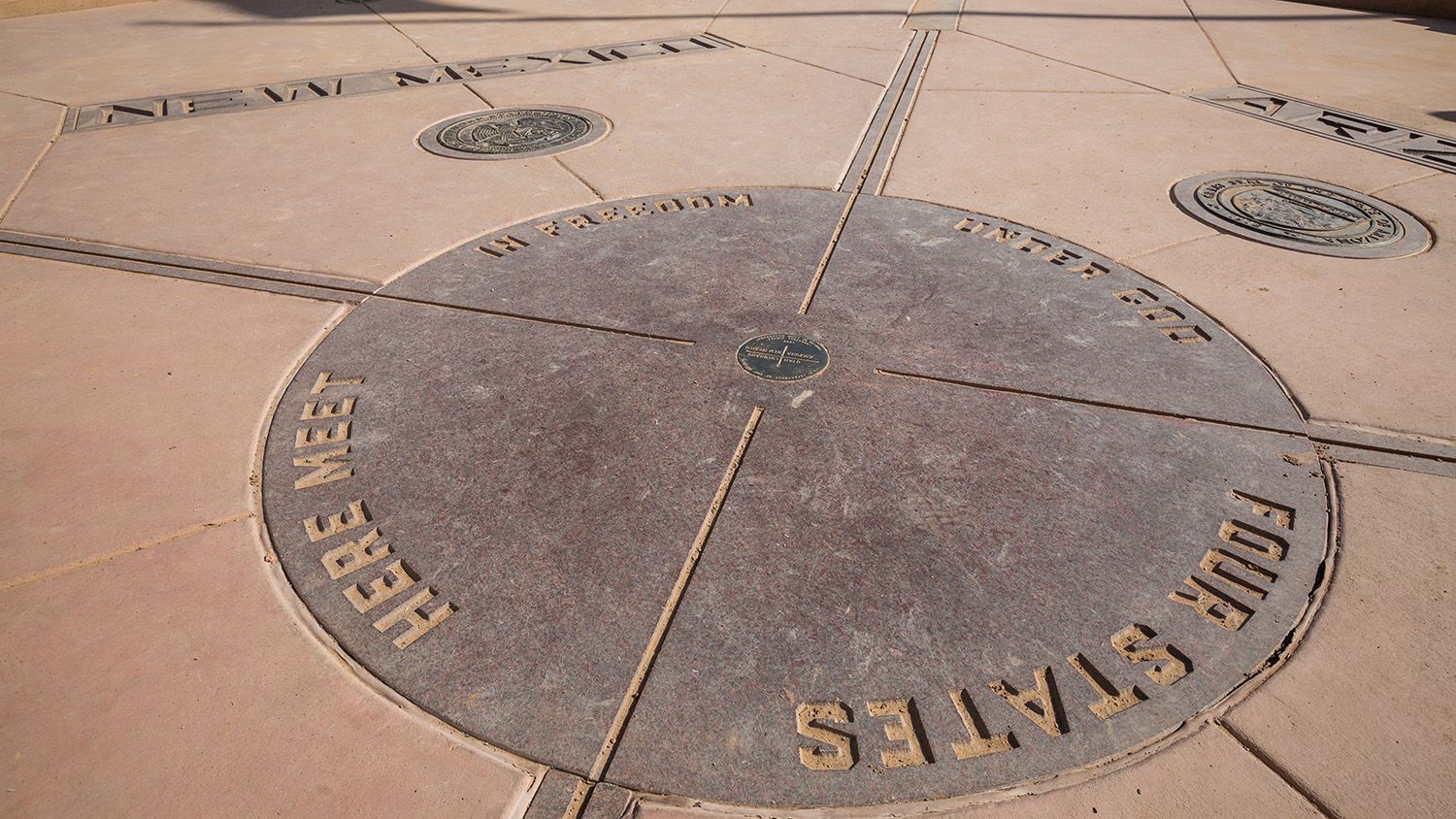FEATURE ARTICLE: Variations on a Theme: Ethics in Multijurisdictional Licensing and Practice
Author: Dr. Michael H. Hoeflich
This article is featured in Volume 5, Number 2 of the Legal Ethics and Malpractice Reporter.
Twenty years ago, admission to practice law in multiple states generally required either taking multiple bar examinations or meeting state reciprocity rules, which often required a period of practicing law in one’s home state in order to qualify for admission in the second state. It also required that the two states grant reciprocal admission privileges to bar members. The result of these requirements was that many lawyers would only be admitted to practice in one or, perhaps, two states. This has changed significantly as a result of the increased adoption of the Uniform Bar Examination.
The National Conference of Bar Examiners succinctly describes the UBE in the following terms:
It is uniformly administered, graded, and scored and results in a portable score that can be transferred to other UBE jurisdictions.
The important point here is that a person who takes the UBE is able to transfer his bar exam score to all states that accept the UBE and, assuming the score meets the required level for admission, then the person may be admitted to as many states as she qualifies for without taking additional examinations. The UBE has now been adopted in the vast majority of states, including Kansas and Missouri. The ease of obtaining multiple bar admissions is quite striking. I have observed in recent years that recent law graduates seek admission to two, three, or even more states.
Lawyers who do become members of more than one Bar need to be aware of the ethics rules about practicing in multiple jurisdictions. These rules are set out primarily in Rule 8.5. In Kansas, KRPC Rule 8.5 reads:
A lawyer admitted to practice in this jurisdiction is subject to the disciplinary authority of this jurisdiction although engaged in practice elsewhere.
The Comment to KRPC Rule 8.5 states:
In modern practice lawyers frequently act outside the territorial limits of the jurisdiction in which they are licensed to practice, either in another state or outside the United States. In doing so, they remain subject to the governing authority of the jurisdiction in which they are licensed to practice. If their activity in another jurisdiction is substantial and continuous, it may constitute practice of law in that jurisdiction. See Rule 5.5.
If the rules of professional conduct in the two jurisdictions differ, principles of conflict of laws may apply. Similar problems can arise when a lawyer is licensed to practice in more than one jurisdiction.
Where the lawyer is licensed to practice law in two jurisdictions which impose conflicting obligations, applicable rules of choice of law may govern the situation. A related problem arises with respect to practice before a federal tribunal, where the general authority of the states to regulate the practice of law must be reconciled with such authority as federal tribunals may have to regulate practice before them.
Missouri Rule 4-8.5 reads:
(a) A lawyer admitted to practice in this jurisdiction is subject to the disciplinary authority of this jurisdiction regardless of where the lawyer’s conduct occurs. A lawyer not admitted in this jurisdiction is also subject to the disciplinary authority of this jurisdiction if the lawyer provides or offers to provide any legal services in this jurisdiction. A lawyer may be subject to the disciplinary authority of both this jurisdiction and other jurisdictions for the same conduct.
(b) In any exercise of the disciplinary authority of this jurisdiction, the rules of professional conduct to be applied shall be as follows:
(1) for conduct in connection with a matter pending before a tribunal, the rules of the jurisdiction in which the tribunal sits, unless the rules of the tribunal provide otherwise; and
(2) for any other conduct, the rules of the jurisdiction in which the lawyer’s conduct occurred or, if the predominant effect of the conduct is in a different jurisdiction, the rules of that jurisdiction.
A lawyer shall not be subject to discipline if the lawyer’s conduct conforms to the rules of a jurisdiction in which the lawyer reasonably believes the predominant effect of the lawyer’s conduct will occur.
For lawyers who are licensed to practice in multiple jurisdictions, Rule 8.5 necessitates that they be aware that many of the Rules of Professional Conduct differ from jurisdiction to jurisdiction and that they must ensure that they are aware of these differences in the states in which they practice. Ethics rules vary in different jurisdictions.
One important example that lawyers will often encounter, particularly if they practice criminal law, is Rule 1.6 and its variations from jurisdiction to jurisdiction. Model Rule 1.6 (b) provides exceptions to the general rule of client confidentiality contained in Rule 1.6(a)(1):
A lawyer may reveal information relating to the representation of a client to the extent the lawyer reasonably believes necessary:
(1) to prevent reasonably certain death or substantial bodily harm;
(2) to prevent the client from committing a crime or fraud that is reasonably certain to result in substantial injury to the financial interests or property of another and in furtherance of which the client has used or is using the lawyer’s services;
(3) to prevent, mitigate or rectify substantial injury to the financial interests or property of another that is reasonably certain to result or has resulted from the client’s commission of a crime or fraud in furtherance of which the client has used the lawyer’s services…
On the other hand. KRPC Rule 1.6(b) states:
A lawyer may reveal such information to the extent the lawyer reasonably believes necessary:
(1) To prevent the client from committing a crime…
Missouri Rule 4-1.6(b) states:
A lawyer may reveal information relating to the representation of a client to the extent the lawyer reasonably believes necessary:
(1) to prevent death or substantial bodily harm that is reasonably certain to occur…
These versions of Rule 1.6(b) differ in significant aspects, and a lawyer who does not recognize these differences and follow the proper rule is at risk of violating the Rules of Professional Conduct in the applicable jurisdiction. This is only one of many examples. There are many other Rules that also vary significantly from jurisdiction to jurisdiction.
In addition to knowing the Rules in the jurisdictions where she is licensed or practicing, a lawyer must also know which Rules apply to particular scenarios. Here, again, Rule 8.5 varies from jurisdiction to jurisdiction. The versions from Kansas and Missouri quoted above illustrate the extent of such differences. One of the most important parts of Rule 8.5 in some versions is a “safe harbor” for lawyers who attempt to follow the Rule in good faith. MRPC Rule 4-8.5(b)(2), for example, reads:
A lawyer shall not be subject to discipline if the lawyer’s conduct conforms to the rules of a jurisdiction in which the lawyer reasonably believes the predominant effect of the lawyer’s conduct will occur.
Comment 3(c) to this Rule explains that its purpose is “providing protection from discipline for lawyers who act reasonably in the face of uncertainty.” But choice of law rules are notoriously difficult to apply. So, while states that supply detailed guidelines and safe harbor make lawyers lives a bit easier, others will be much more difficult to navigate.
The reality of multijurisdictional licensing and practice today and the likelihood that it will increase in the future coupled with the many significant variations in Rules of Professional Conduct to be found in different jurisdictions adds just one more ethical issue for lawyers to understand and resolve if they are to maintain compliance with their professional obligations.
READ THE FULL ISSUE OF LEMR, Vol. 5, No. 2
About Joseph, Hollander & Craft LLC
Joseph, Hollander & Craft is a mid-size law firm representing criminal defense, civil defense, personal injury, and family law clients throughout Kansas and Missouri. From our offices in Kansas City, Lawrence, Overland Park, Topeka and Wichita, our team of 25 attorneys covers a lot of ground, both geographically and professionally.
We defend against life-changing criminal prosecutions. We protect children and property in divorce cases. We pursue relief for clients who have suffered catastrophic injuries or the death of a loved one due to the negligence of others. We fight allegations of professional misconduct against medical and legal practitioners, accountants, real estate agents, and others.
When your business, freedom, property, or career is at stake, you want the attorney standing beside you to be skilled, prepared, and relentless — Ready for Anything, come what may. At JHC, we pride ourselves on offering outstanding legal counsel and representation with the personal attention and professionalism our clients deserve. Learn more about our attorneys and their areas of practice, and locate a JHC office near you.











